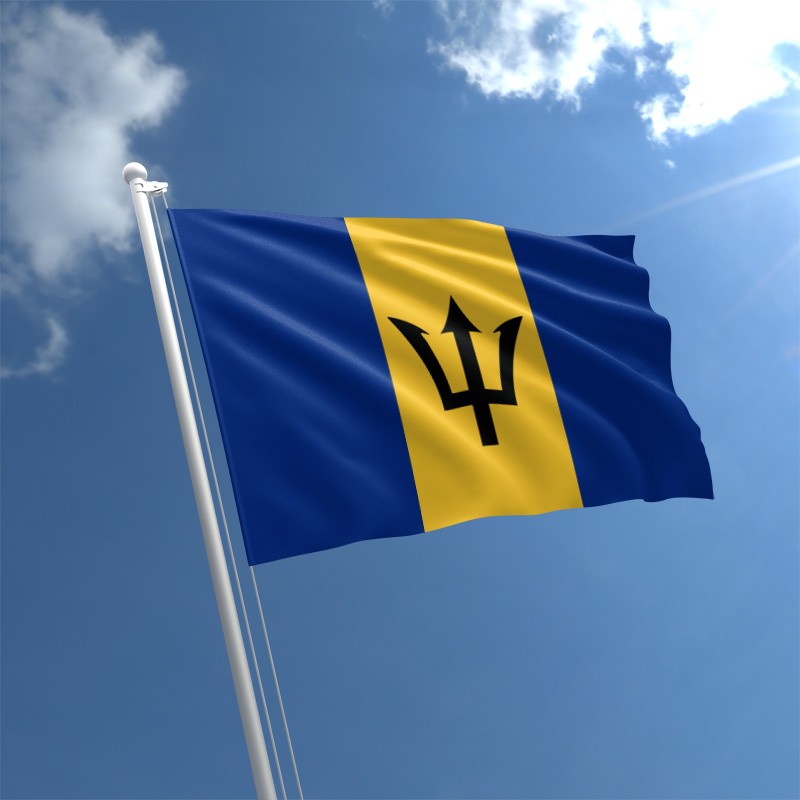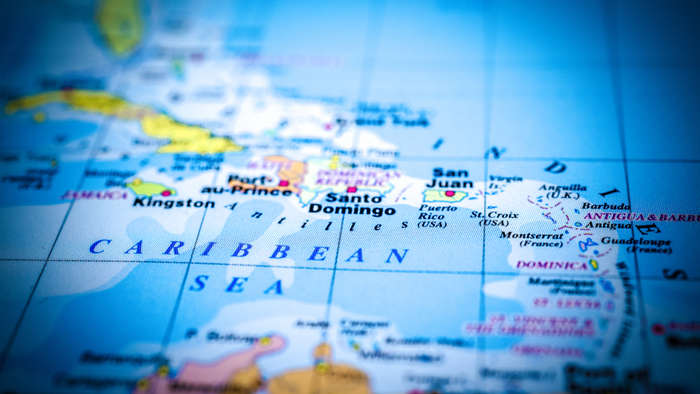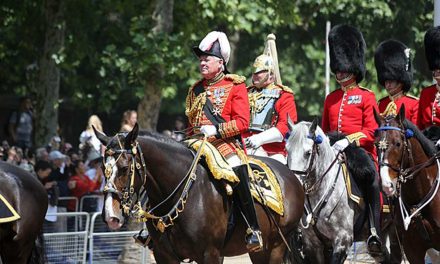The idea of independence is strong in the Caribbean as nations continue to claim independence from colonial empires. Moreover, we are seeing a trend in the Caribbean countries, who despite their independence, are also choosing to remove Queen Elizabeth as head of state, with Barbados as the latest nation wanting to cut its European ties.
In parts of Africa and Asia, the colonial period often lasted centuries, but many nations fought for their independence several decades ago. In the Caribbean, it has been known to extend over three, four centuries.
Between 1958 and 1962 most of the British-controlled Caribbean was amalgamated as the new West Indies Federation in an attempt to create a single unified, independent state. Still, it failed, with many former British Caribbean island colonies achieving independence in their own right including Jamaica (1962), Grenada (1974), St Lucia (1979), Antigua & Barbuda (1981), and St Kitts & Nevis (1983).
The first Caribbean country to gain its independence was Haiti in 1804 after 13 years of war that started as a slave uprising in 1791. This quickly turned into the Haitian Revolution where the French army was defeated, twice.
This quest for independence was then followed by the Dominican Republic in 1844 and Cuba in 1902.
On November 3rd 1978, Dominica became the seventh British territory in the Caribbean to obtain independence, and it was the second after Grenada of the six sovereign states to gain its independent status, followed closely by St Lucia, seeing a further acceleration in decolonisation.
Barbados to Remove Queen Elizabeth as Head of State

Barbados has declared its intent to remove Queen Elizabeth as its head of state and become a republic. Governor-General Dame Sandra Mason has announced that the time has come to leave their colonial past behind as Barbadians want a Barbadian head of state, which is the ultimate statement of confidence in who they are as a country and what they are capable of achieving.
Hence, Barbados will “take the next logical step toward full sovereignty and become a republic by the time we celebrate our 55th anniversary of independence”, said the Governor-General, which will be in November 2021.
Also read: Is The Once Coveted US Passport Losing its Shine?
Barbados gained independence from Britain in 1966 but kept the Queen as its head of state. Once their transition is complete, they will join Dominica, Guyana and Trinidad and Tobago as a republic.
It is relatively uncommon for a country to remove the Queen as its head of state. The last to do so was Mauritius in 1992. Some have talked for years of claiming their sovereignty and establishing their own heads of state, but political agendas often get in the way.
The question is whether others will mirror this decision. The removal of the Queen as head of state is seen as equivalent to the removal of a colonial statue or that of an infamous political figure, thus posing difficult questions for the Royal Family and Commonwealth going forward.
Jamaica has in the past suggested that this is a route it might follow as parliament has recently considered a constitutional amendment to remove the Queen as the nation’s monarch. As head of state, the Queen has no real power, although she is recognised as the ceremonial ruler, like in the UK. Where she is a head of state, a governor-general represents the Queen.
Australia and Canada have also had several high-profile debates on the issue.
Feature Image: Giving Compass
- Britain Set to Release the First Approved COVID-19 Vaccine in Coming Weeks - 6th December 2020
- 11 Most Cinematic Couples to Ever Grace the Silver Screen - 18th November 2020
- Iconic Brands That Have Prospered for Over 100 Years - 16th November 2020






